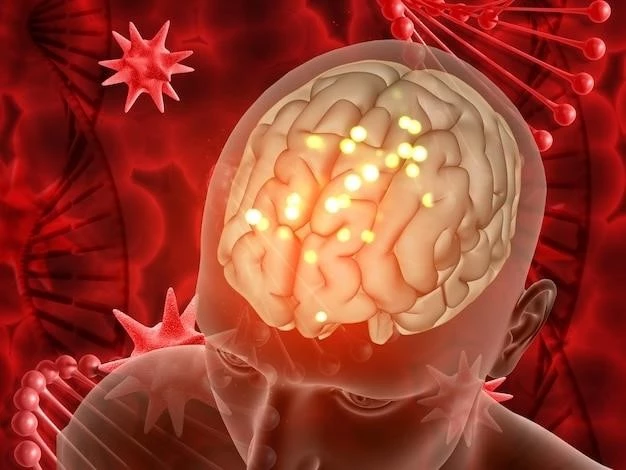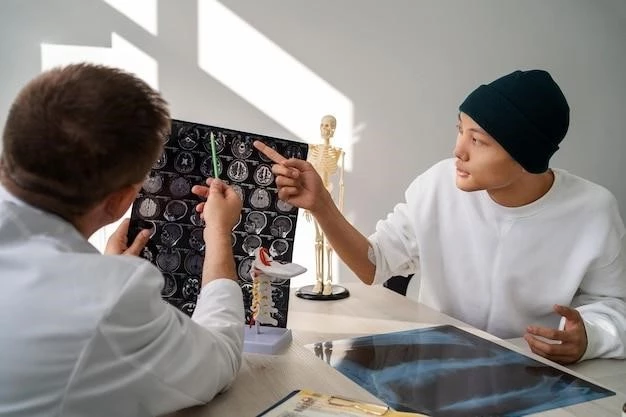Causes of Craniosynostosis Radial Aplasia Syndrome
Understanding the genetic and environmental factors is crucial to comprehend the causes of CRAS.
Genetic Factors
Genetic factors play a significant role in CRAS‚ with mutations in specific genes contributing to the condition. Understanding the genetic underpinnings through testing and counseling can provide valuable insights into the syndrome’s development.
Environmental Factors
While genetic factors play a primary role in CRAS‚ environmental influences also contribute. Factors like maternal nutrition‚ exposure to toxins‚ and prenatal care can impact the syndrome’s development. Maintaining a healthy environment during pregnancy is essential for reducing potential risks.
Symptoms of CRAS
Recognizing the distinct symptoms of CRAS is crucial for early diagnosis and appropriate medical intervention.
Craniosynostosis Symptoms
Craniosynostosis symptoms may include an abnormal head shape‚ raised intracranial pressure‚ and developmental delays. Recognizing these signs early can facilitate timely treatment and management strategies.
Radial Aplasia Symptoms
Radial aplasia symptoms may manifest as underdeveloped or absent thumbs‚ limited arm mobility‚ and wrist deformities. Early recognition of these symptoms is vital for comprehensive treatment planning and supportive care.
Treatment Options for CRAS
Exploring various surgical and therapeutic interventions is essential for managing the complexities of CRAS effectively.
Surgical Interventions
Surgical interventions for CRAS may involve cranial vault reshaping‚ thumb reconstruction‚ or limb lengthening procedures. Consulting with specialized surgeons can guide you towards the most suitable surgical options tailored to your unique condition.
Therapeutic Approaches
Therapeutic approaches for CRAS may include physical therapy‚ occupational therapy‚ and assistive devices to enhance functional abilities and quality of life. Collaborating with a multidisciplinary team can help tailor a comprehensive therapeutic plan to address your specific needs.

Genetic Factors in Craniosynostosis Radial Aplasia Syndrome
Understanding the genetic component is crucial in managing and addressing CRAS effectively.
Genetic Testing
Genetic testing is pivotal in identifying specific gene mutations associated with CRAS. Consult genetic specialists to undergo testing‚ enabling a clearer understanding of the syndrome’s genetic basis for tailored treatment plans.
Genetic Counseling
Genetic counseling provides valuable insights into the inheritance pattern of CRAS and aids in making informed decisions regarding family planning. Seek guidance from genetic counselors to understand the implications of genetic factors on future generations.
Living with CRAS⁚ Challenges and Coping Strategies
Adapting to challenges and implementing effective coping strategies is key to managing the complexities of CRAS.
Daily Challenges
Managing daily challenges such as physical limitations‚ social stigma‚ and medical appointments can be overwhelming. Prioritize self-care‚ seek support from loved ones‚ and explore assistive technologies to navigate these challenges effectively.
Coping Strategies
Developing coping strategies like mindfulness practices‚ maintaining a support network‚ and engaging in enjoyable activities can enhance resilience in facing the challenges posed by CRAS. It’s essential to prioritize self-care and emotional well-being while navigating the journey with CRAS.
CRAS Research Updates
Staying informed about the latest research developments is crucial for advancements in understanding and managing CRAS.
Current Research Initiatives
Stay updated on current research initiatives focusing on CRAS to contribute to advancements in diagnosis‚ treatment‚ and support for individuals and families affected by this syndrome. Your awareness and involvement can potentially shape the future of CRAS management.
Future Research Directions
Looking towards the future‚ research aims to delve deeper into understanding the underlying mechanisms of CRAS‚ developing novel treatment modalities‚ and enhancing support systems for affected individuals. Stay engaged and hopeful for the promising future research has in store for CRAS.
Support Groups for CRAS Patients and Families
Joining support groups can provide valuable solidarity and resources for navigating the challenges of CRAS.
Online Support Communities
Engage with online support communities dedicated to CRAS where you can connect with individuals facing similar challenges‚ share experiences‚ and access valuable information and emotional support from a global network of understanding peers.
In-Person Support Groups
Participating in in-person support groups for CRAS allows for face-to-face connections‚ mutual encouragement‚ and local resources. These groups offer a sense of community and understanding‚ facilitating shared experiences and emotional support in a tangible and comforting setting.
Preventing Craniosynostosis Radial Aplasia Syndrome
Implementing proactive measures and early interventions is key to potentially preventing the onset of CRAS.
Prenatal Care
Prenatal care plays a vital role in preventing CRAS by focusing on maternal health‚ regular check-ups‚ and early detection of any potential risk factors. Ensuring comprehensive prenatal care can help safeguard the health and well-being of both the mother and the developing baby.
Early Intervention
Early intervention strategies involve prompt identification of symptoms‚ timely medical evaluations‚ and initiation of appropriate treatments to address potential health concerns. Proactive early intervention can significantly impact the prognosis and quality of life for individuals with CRAS.
